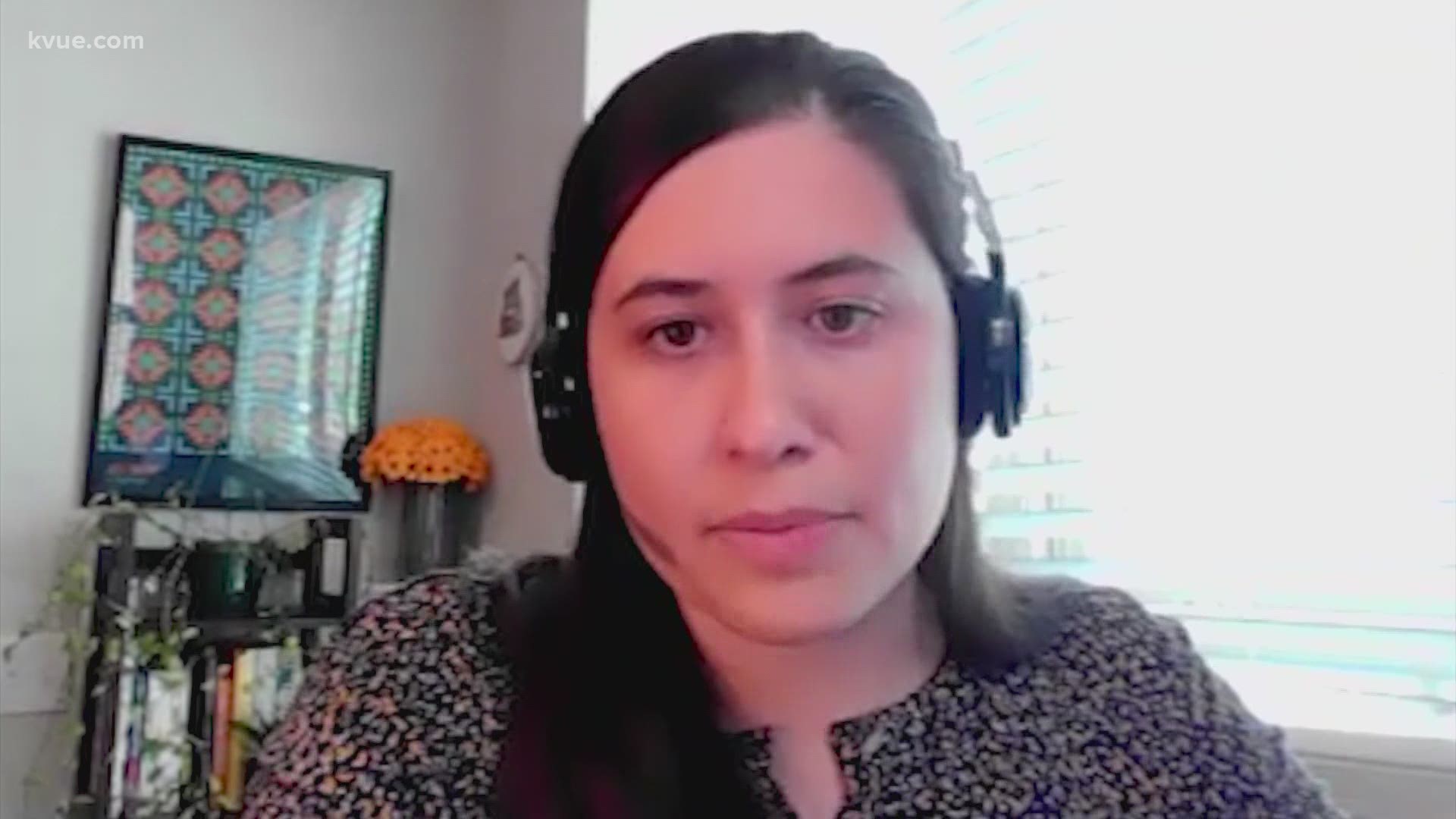AUSTIN, Texas — Project Connect engineers are busy working behind the scenes on a design plan for Austin’s new transit system while a new group of community members work to figure out the best way to spend money devoted to helping people who could be forced out of their homes as a result of the project.
When Austin voters approved Proposition A in the November 2020 election, that increased the City’s tax rate to start collecting the money needed for a massive $7.1 billion transit system, and $300 million of that was set aside to help with anti-displacement efforts.
“Transit investments can provide benefits to communities, but sometimes these transit investments can raise property values by sparking new development, which can have an increase on property taxes and rents,” said Rachel Tepper, who works in the displacement prevention division of the City’s Housing and Planning Department.
The City created the “Catalyst group,” a team of 30 paid community members who are working on a tool that will ensure the $300 million is best spent to help people who are most at risk of being displaced.
According to the City:
- 88% of the group members are current or former residents of Austin’s Eastern Crescent
- All of them make less than the city’s median income
- Half of them depend on transit
- 90% of them are people of color
“Part of the point of co-creating this equity tool with community members most directly impacted is to really help identify what those strategies could look like,” said Amanda Jasso, Austin’s Equity Office program manager.
The strategies likely won’t be ready until June, as the group is spending April and May doing policy workshops to create the components of the tool.
The tool, which could be an assessment or a scorecard as examples, will help community members and decision-makers direct the $300 million to programs or projects that will help prevent displacement of vulnerable populations living close to transit lines, the City said in a press release.
The group has the goal of equitable development that focuses on quality of life and reduces racial disparities, Tepper said.
A portion of the funding is expected to go toward transit-oriented developments, also known as mixed-use communities centered around high quality train systems, and affordable housing along new transit routes, according to Capital Metro.
One anti-displacement strategy the City has looked at is St. Paul, Minnesota, where thousands of income-restricted or subsidized housing units were built along a new transit line, but no decisions for spending are finalized yet.
The full $300 million for anti-displacement will be allocated to the City over the project's anticipated 13-year span, but since taxes are already being collected, $100 million of that is expected to be ready for the City to start spending in three years, according to a Capital Metro spokesperson.
PEOPLE ARE ALSO READING:

